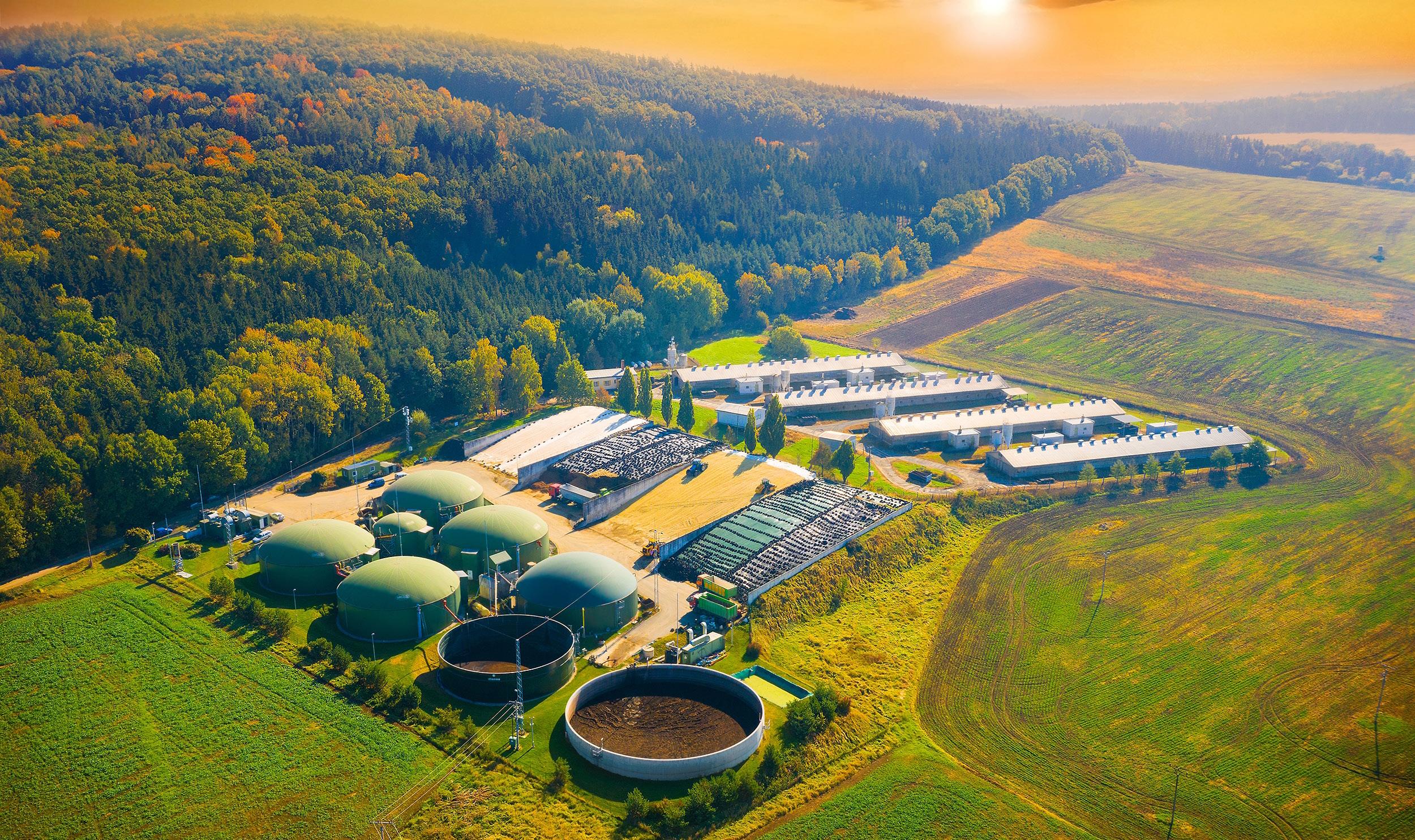
1 minute read
Pursuing the climate agenda
The Czech Republic has made significant headways in reducing greenhouse gas (GHG) emissions over the past three decades. Still, GHG-intensity remains high, largely driven by the extensive use of coal for electricity production and heat generation. Reliance on heavy industry coupled with older and poorly insulated dwellings make the Czech economy highly energy intensive. Major investments are needed to alter the energy mix and improve energy efficiency.
applied on various fuels, which decreases end-use prices and limits incentives to save energy or to switch to cleaner fuels.
Low energy efficiency in buildings and use of coal in heating inhibit the green transition. Czech buildings have among the highest energy consumption per square meter in the EU and a large number of households still rely on coal for residential heating. Existing regulation and subsidies do not provide sufficient incentives to raise investment for boosting energy-efficiency. Permitting processes are complex, impeding spending on green technologies and infrastructure.
Current environmental policies are not stringent enough to effectively curb emissions. Effective carbon tax rates are among the lowest in the OECD. The Czech Republic does not have an explicit carbon price. Furthermore, tax exemptions are
Inclusive labour policies can ease the green transition. On the path towards net zero the Czech economy will have to restructure. Relative prices will shift, jobs will be shed while others will be created. Some sectors and some groups of workers are more at risk and policy should ensure a fair green transition. Retraining and other active labour market policies can help displaced workers find jobs more quickly and effectively match jobseekers with emerging opportunities.





